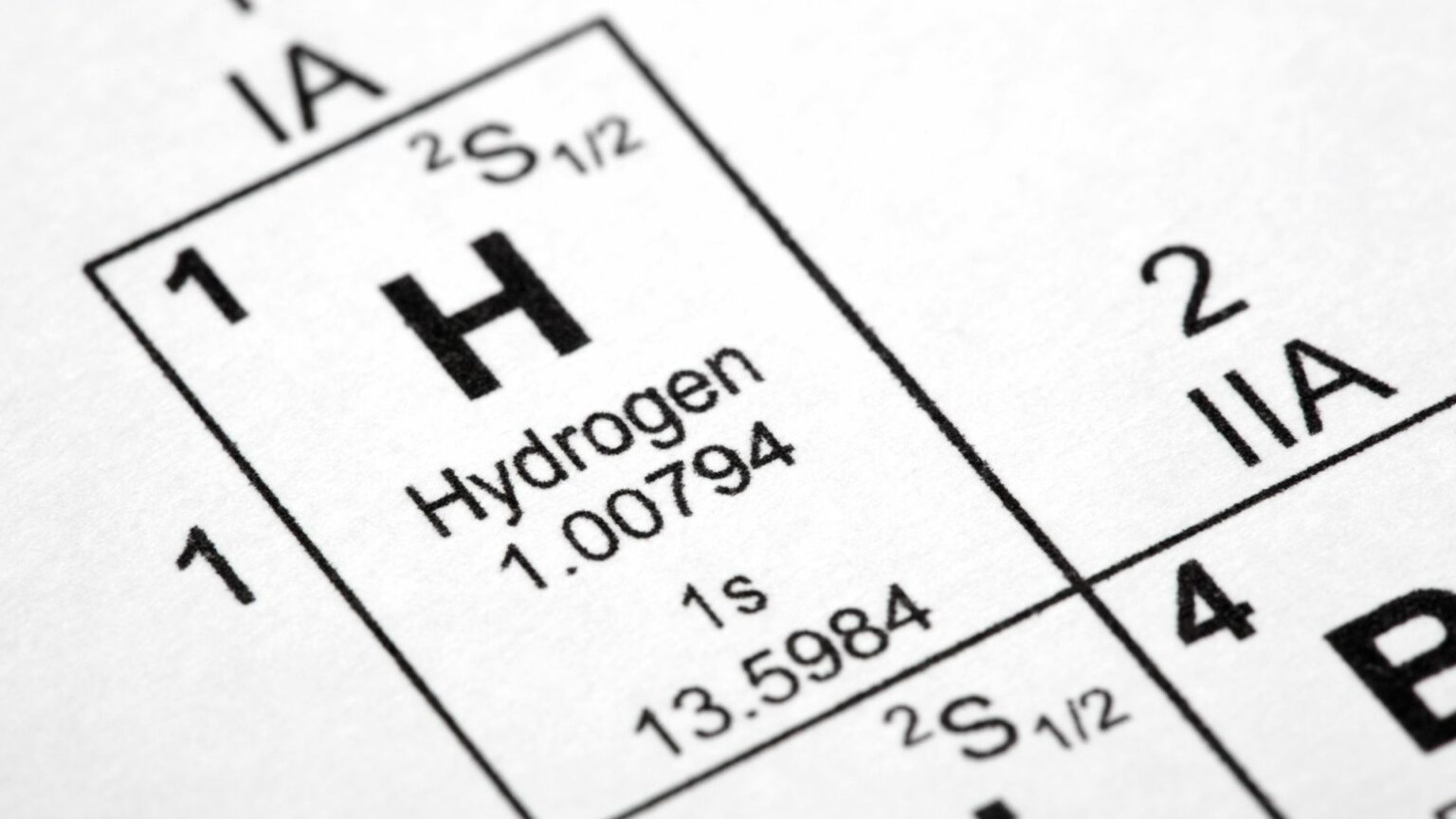As the world gears up for COP28, the upcoming UN climate summit, Friends of the Earth International (FOEI) issues a stark warning: “Hydrogen is big polluters’ latest trick, and we can’t afford to fall for it.” In a paper titled “Don’t Fall for the Hydrogen Hype,” FOEI challenges the perception of hydrogen as a clean alternative and calls for a just energy transition.
FOEI dismisses the notion of hydrogen as a clean solution, asserting that it is “expensive to produce, inefficient, and far from a low-carbon solution.” The majority of global hydrogen supply, over 62%, is derived from fossil fuels, perpetuating the existing environmental challenges.
The paper debunks the hydrogen “rainbow” by exposing the sources of hydrogen production. More than 62% comes from fossil gas, with additional percentages from coal, oil, and only a minuscule 0.1% from water electrolysis. FOEI emphasizes the industry’s reliance on fossil fuels.
While some advocate for green hydrogen, FOEI raises concerns about its rarity and inefficiency. Green hydrogen demands vast amounts of cheap renewable electricity, rendering the process inefficient. Additionally, it requires extensive water resources, contributing to environmental concerns.
FOEI aligns hydrogen promotion with other false climate solutions, emphasizing its role in distracting from real and urgent emission cuts needed to combat the climate crisis. It contends that hydrogen allows the fossil industry to maintain business as usual.
The paper draws attention to hydrogen’s role in reinforcing neocolonial patterns of extractivism and exploitation, especially in the Global South. It highlights the industry’s disregard for communities and the environment, pointing to the disproportionate social and environmental costs.
FOEI notes the high financial cost associated with hydrogen, placing it among other false solutions. Governments, including the U.S. and the EU, are investing substantial funds in hydrogen projects. The paper questions the allocation of public money to support private interests.
In the EU, FOEI criticizes the gas lobby for influencing legislation that promotes hydrogen, allowing public funds to support fossil gas infrastructure. This includes the paradoxical promotion of hydrogen-ready projects despite existing excessive gas infrastructure.
The paper highlights grassroots resistance, citing instances from Chile to Namibia to South Africa, where communities are not consulted on hydrogen projects destined for European consumption. FOEI condemns hydrogen imports as imperial greed painted green, reproducing existing exploitative systems.
FOEI concludes by emphasizing that addressing the climate crisis requires deep systemic change. Dismantling neocolonial, patriarchal, and neoliberal capitalist systems is crucial for building a more just and equitable world.
